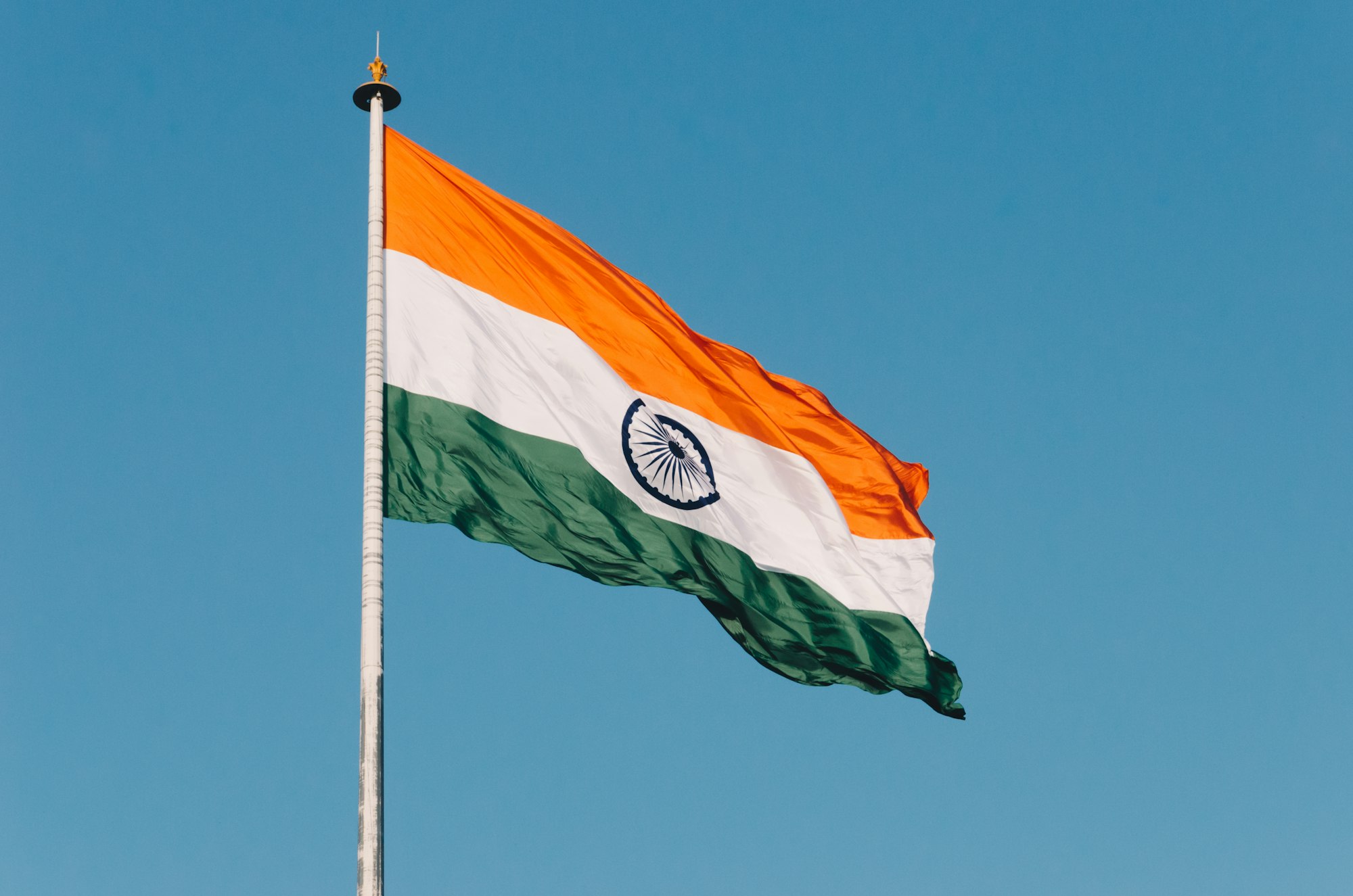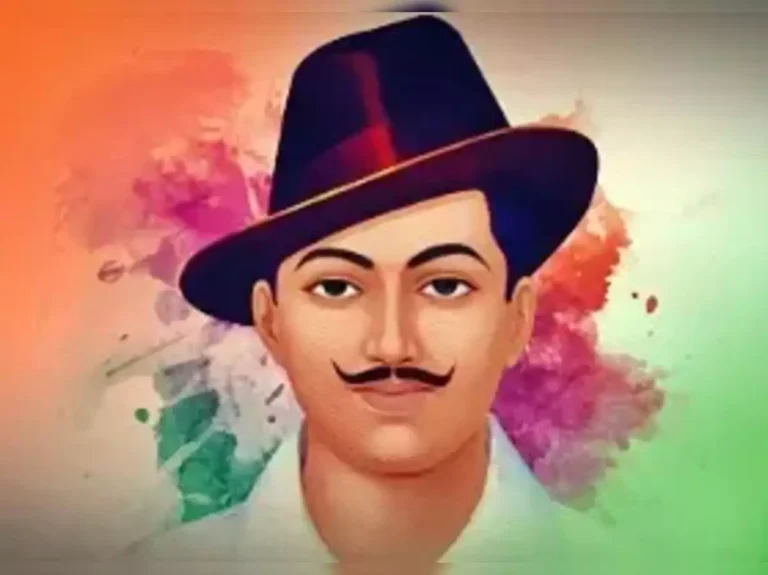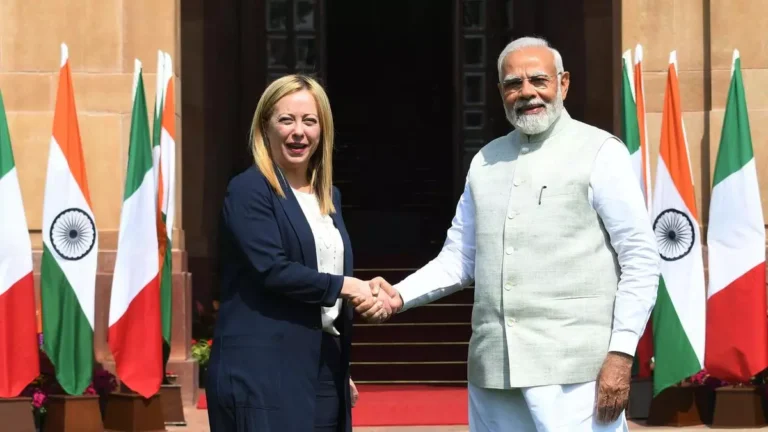
The establishment of India as an independent nation in 1947 marked a watershed moment in world history. The culmination of decades of struggle against British colonial rule, India’s independence not only signaled the end of an era but also laid the foundation for a new chapter in the country’s journey towards self-determination and unity.
Colonial Legacy and Struggle for Independence
India’s colonial history dates back to the 17th century when the British East India Company established its presence on the Indian subcontinent. Over the centuries, British rule brought about profound social, economic, and political changes, leading to widespread discontent among the Indian populace.
The quest for independence gained momentum in the late 19th and early 20th centuries, with leaders like Mahatma Gandhi, Jawaharlal Nehru, Subhas Chandra Bose, and many others spearheading various movements and campaigns against British rule. The nonviolent resistance led by Gandhi, in particular, became a powerful force in mobilizing the masses and galvanizing support for the cause of freedom.
Partition and Independence
The struggle for independence reached its climax in August 1947 when India finally gained independence from British rule. However, the joy of independence was marred by the tragic partition of the Indian subcontinent into two separate nations – India and Pakistan. The partition led to one of the largest mass migrations in human history, accompanied by widespread violence and loss of life.
Despite the challenges posed by partition, India’s leaders, led by Jawaharlal Nehru, worked tirelessly to build a democratic and inclusive nation. The adoption of the Indian Constitution in 1950 laid the groundwork for a secular and democratic republic, enshrining principles of equality, liberty, and justice for all citizens.
Unity in Diversity: India’s Strength
One of India’s most enduring characteristics is its rich diversity – in culture, language, religion, and ethnicity. Despite the challenges posed by this diversity, India has managed to forge a strong sense of unity and cohesion as a nation. The principle of “unity in diversity” has been a guiding ethos, emphasizing the importance of tolerance, pluralism, and mutual respect among different communities.
Challenges and Opportunities
Since independence, India has made significant strides in various fields, including economic development, education, healthcare, and technology. However, the country also faces numerous challenges, such as poverty, inequality, corruption, and communal tensions. Addressing these challenges requires sustained efforts from both the government and the civil society to ensure inclusive and sustainable growth.
Conclusion
The establishment of India as an independent nation was not merely a political event but a profound transformational moment in the history of humanity. It represented the triumph of the human spirit over oppression and injustice, and the birth of a nation committed to the ideals of democracy, freedom, and equality.
As India continues its journey into the 21st century, the spirit of independence remains as relevant as ever. Upholding the values of unity, diversity, and inclusivity, India stands poised to realize its full potential as a global leader and beacon of hope for the world. The story of India’s establishment serves as a reminder of the power of determination, resilience, and collective action in shaping the destiny of nations.




